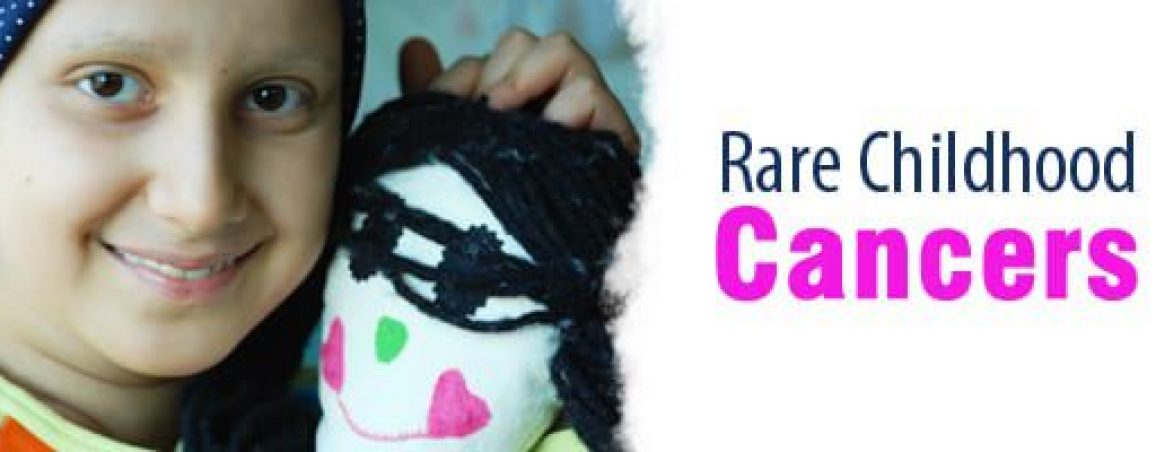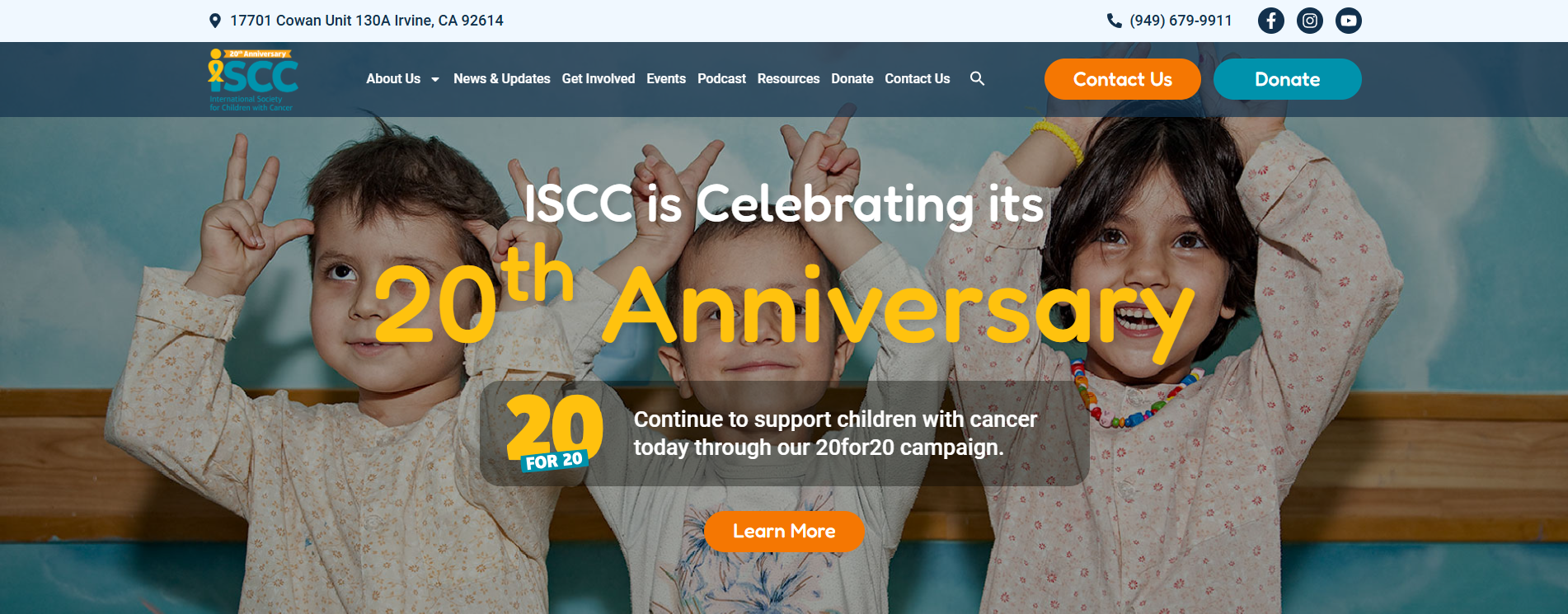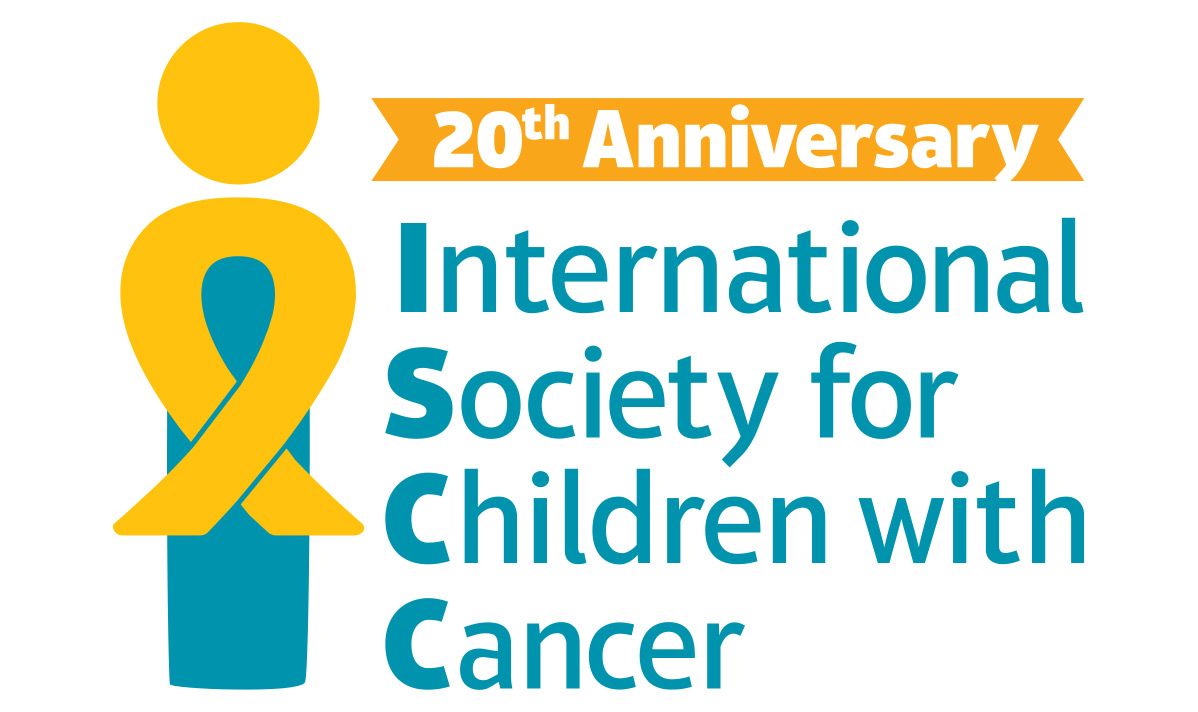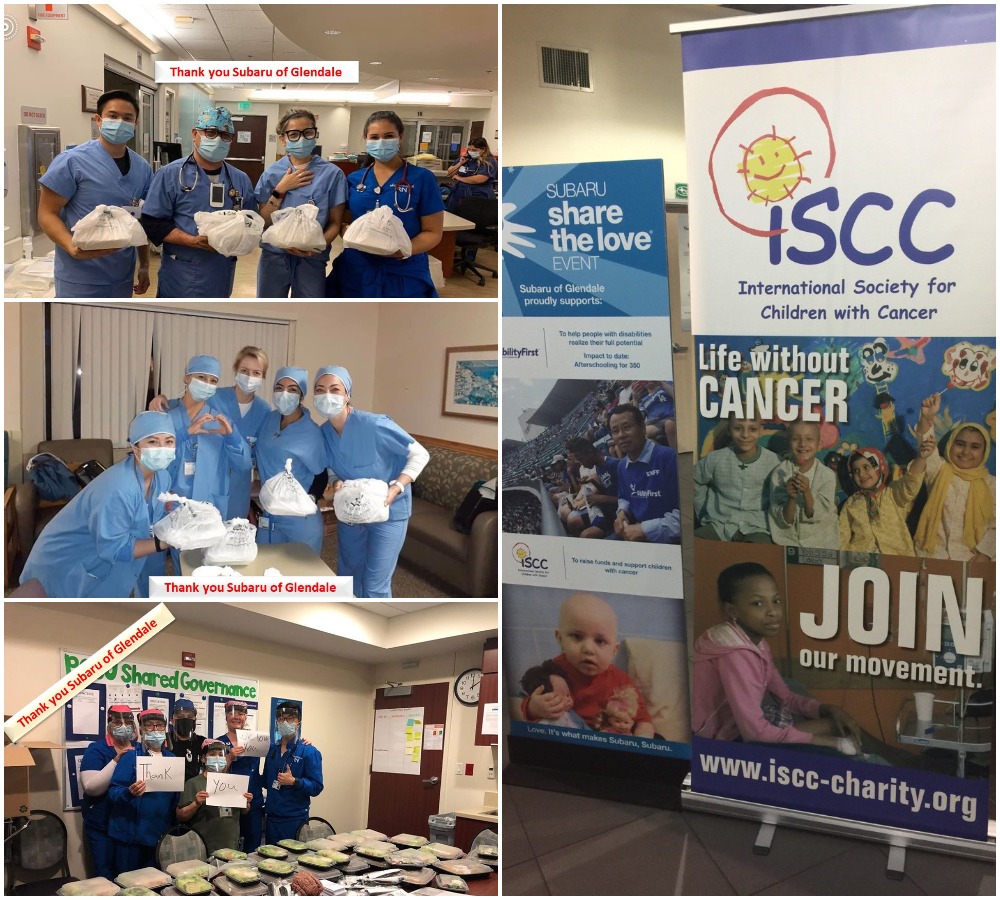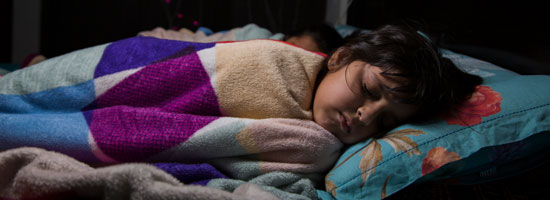Cancer is a devastating event that leaves confusion among children and families. Even in the simplest of cases, treatment can be more challenging due to a child’s size and developing immune system. And while there is no easy to understand cancer diagnosis, some cancers are more commonly seen in children than others. A diagnosis of one of the rarer types can be especially difficult to fathom and accept, especially if it indicates that treatment will be more challenging.
Some cancers, while rare, are still only seen in children and not in adults. These types include melanotic neuroectodermal tumors of infancy, a type of cancer that affects the face and the jaw; malignant rhabdoid tumors, which are typically found in the kidneys; and pancreatoblastoma, which is found in the pancreas. While rare, these types of cancer are similar to most other types because they grow aggressively when not treated – but as an added challenge, they are sometimes less understood compared to more common types.
In other cases, cancers that usually only affect adults have been discovered in children. These instances are thought to be caused by genetic and environmental factors. Pancreatic, adrenal, and digestive cancers are rare in children because these parts of a child’s body are not as developed or are not functioning on a level that they do in adults.
Head and neck cancers are much less common in children than they are in adults, possibly due to a difference in environmental factors and development. Rare head and neck cancers in children include atypical teratoid and gangioglioma. Additionally, a study referenced in a 2009 issue of the Journal of Indian Association of Pediatric Surgeons found that in 137,028 children studied over a period of three years, among the least common cancers that developed were thyroid carcinomas, which affects the endocrine system, and mucoepidermoid carcinoma, which affects the salivary glands.
Fortunately, many of the rare cancers seen in children do have treatments associated with them that will help. For cancers that typically affect adults, it’s a matter of adjusting treatment options for a child’s size and capabilities. When it comes to rare cancers that affect only children, more research is always beneficial.

